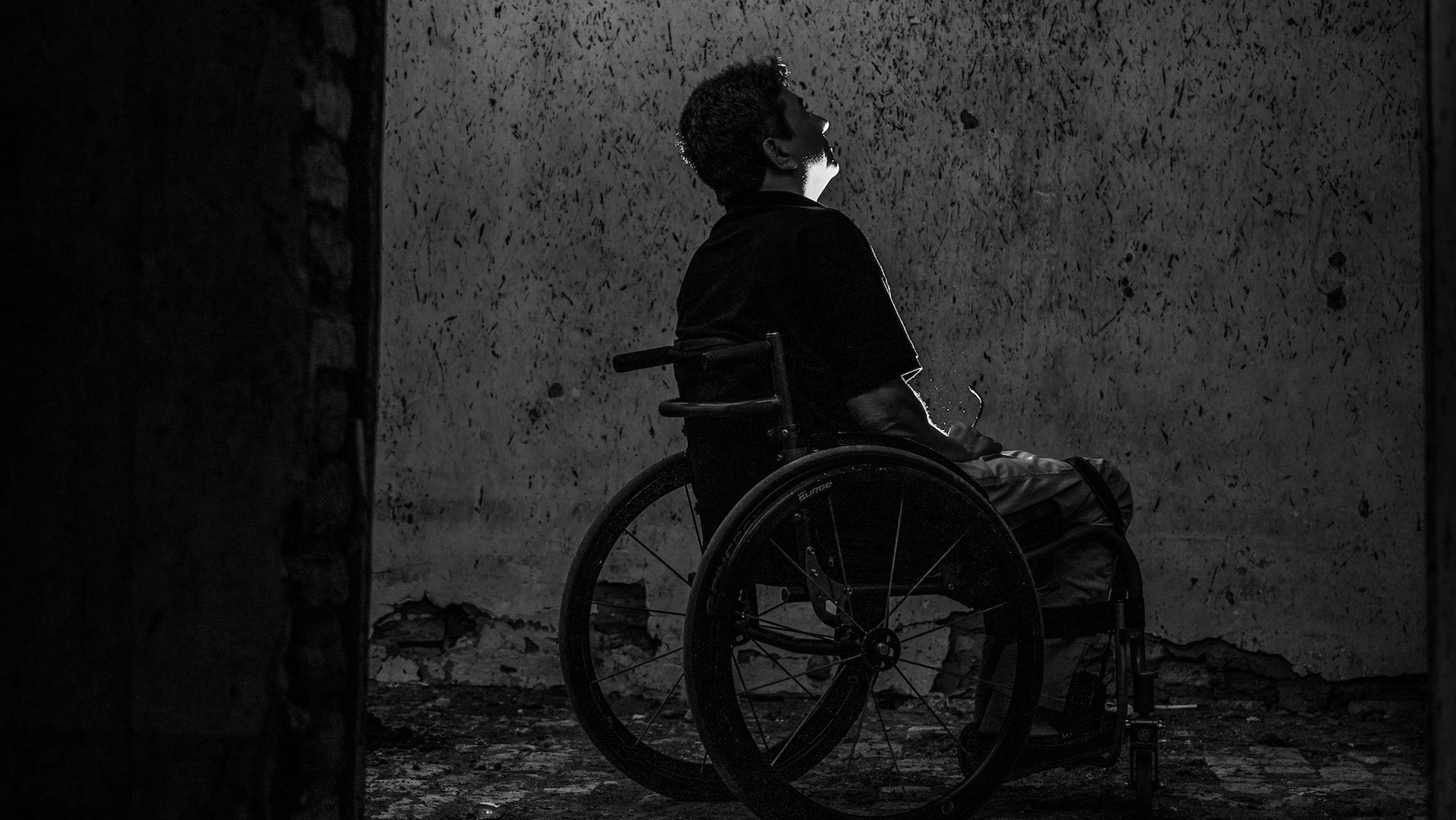The decision not to provide equivalent financial support to the uplift during the pandemic to disabled people only served to exacerbate the economic hardships we already faced before the pandemic began – something that would have been obvious if we’d been at the table when policies were created.
The complete ignorance of disabled people is borne out in the bleak statistics from the pandemic. A Public Health England report in the spring of 2020 found that adults with learning disabilities were over-represented by at least 3.1 times among those who died with Covid.
This is likely due in large part to the government never consulting disabled people’s organisations on crucial guidance, which meant for a month, many of the 1.5 million people in the UK who have a learning disability were ineligible for hospital treatment for Covid.
Many of us are trying to understand what, if anything, we can learn from the events of half a decade ago. It feels especially pertinent as our community continues to see headlines about impending public sector cuts and the rumours of imminent slashing of the support provided by the benefits system.
When I speak to colleagues across the sector, many of whom are involved with the Covid-10 Inquiry, they frequently stress that if the government continues to freeze out disabled people’s organisations (DPO) and groups from decision making, we will never see positive change.
The DPO sector exists to provide disabled individuals a representative platform, providing an authentic space where disabled people can come together to share their experiences and perspectives. But during the pandemic, we were barely involved in decisions that would have huge ramifications for our lives. Our sector is often at the forefront of grassroots activism and could have provided vital insight and advice at crucial stages during the pandemic.
As Kamran Mallick, chief executive of Disability Rights UK highlighted in evidence to the Covid-19 Inquiry last year, a lack of engagement with organisations led to many key failures during the height of the pandemic.
He told the inquiry: “The government failed at every stage to consult with DPO on the vaccine rollout. Had they done so, much of the jeopardy for disabled people in the UK would have been avoided.”
There were so many different moments when we could have been involved, from the equality committee, which didn’t seek our views, to the ethics committee, which ignored us, and to the specialist disability unit, which never adequately consulted us.
Ultimately, we must all learn the right lessons to ensure that disabled people are never again neglected and left to the wayside.
Bondy is clear in her diagnosis of where we go from here, saying: “We must learn from the mistakes made in the pandemic that cost thousands of disabled people’s lives. We must have policies in place that commit the government to consulting with disabled people’s organisations in all national emergencies.”
Mikey Erhardt is a campaigner for Disability Rights UK.
Do you have a story to tell or opinions to share about this? Get in touch and tell us more. Big Issue exists to give homeless and marginalised people the opportunity to earn an income. To support our work buy a copy of the magazine or get the app from the App Store or Google Play.





